
 The SFFaudio Podcast #310 – Jesse, Paul, and Marissa talk about Eye In The Sky by Philip K. Dick
The SFFaudio Podcast #310 – Jesse, Paul, and Marissa talk about Eye In The Sky by Philip K. Dick
Talked about on today’s show:
1957, more Dick than non-Dick, Flow My Tears, The Policeman Said, Valis, Dick off the rails, The Exegesis of Philip K. Dick, a Bevatron is a thing, if you die in an unreal world does it have gravitas?, the gravitas comes with escape, puzzle solving vs. mortal peril, simulated lives, anime, Ergo Proxy, the Star Trek: The Next Generation episode “The Inner Light“, the days of episodic TV, The Star by Arthur C. Clarke, eight worlds?, religious, Victorian world, horror world, communist world, mental beliefs, Mysterium by Robert Charles Wilson, gnostic Christianity, Bábism, Bahá’í religion, Harry Turtledove, Yazidis, the connection to languages, Hamilton’s religiosity, Ohm’s Law, a car manual as a prayer book, the whole place gets damned, angels, a cartoon of the Victorians, a horse wearing trousers, a cow did something very natural, abolishing, censorship world, the narrator, deleting things from the universe, metals!, they’ll kill the universe, the Star Trek: The Next Generation “Remember Me“, Delirious (1991), a house that eats people, the carpet licked them back, a consensual hallucination, role-playing game style, Chapter 14, the walls sweated saliva, The Twilight Zone: The Movie, It’s a Good Life by Jerome Bixby, banished to cartoon world, excrete some buttons on the back porch, a man-hater, middle-aged man dandruff, seeing miracles everywhere, seeing everyone as a predator, the cat!, Ninny Numbcat, a kind of peristaltic wave, “praying that it could be killed”, the most horrific thing ever, the Damon Knight story Four In One, gestalt, projecting on to the world, poor people, very odd, the Freudian psychology of it, a perverse pleasure, one of Dick’s themes, sexless creatures, playing records as a euphemism, wives are pretty rare, Dick’s perfect woman, being a communist, so McCarthyistic, the Red Scare, the super-patriots are the most easily manipulated, Total Recall, an errant earwig, oh heavens!, just a co-incidence, are they still trapped in the Bevatron?, how they make anime show titles, random, why do they keep looking at their food?, confusing and mysterious, René Descartes, cogito ergo sum, ergo = therefore, Django Wexler, boring and illogical, stilted conventions?, visual grammar, Yes Minister, the economy in The Fellowship Of The Ring, no anime Jesse has seen has an economy, gold pressed latinum, making the viewer at ease with thigh length boots, trapped in a universe that makes no sense, Skiffy and Fanty, Ghost In The Shell, Akira, Akira Kurosawa, Summer Wars, The Wings of Honnêamise, a weird logic, the Electronics Development Agency, phone lines to God, the visit to God, a Fall, the mundanity of Earth, the Book of Acts, inflating and deflating worlds, The Father-Thing, Invaders From Mars, The Hanging Stranger, feeling sexy, enjoying the prudish world, storks!, Santa Claus style lies, sublimating the urge for sex, the bowerbird, animal art, Shakespearean sonnets are about seduction, a playful book, a day off of work to take a cat to the pet show, a spinning-up of a world, rejecting the premises, Stranger Than Fiction (2006), Emma Thompson.
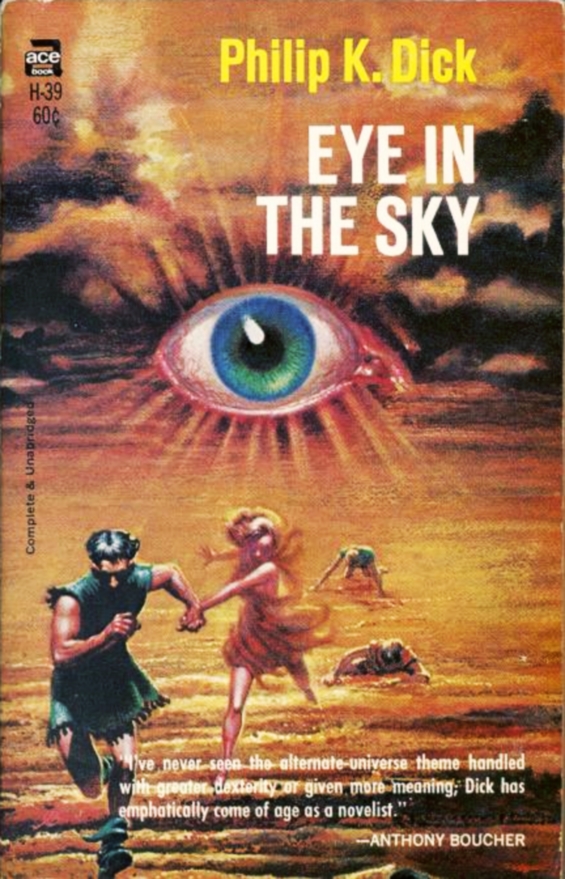
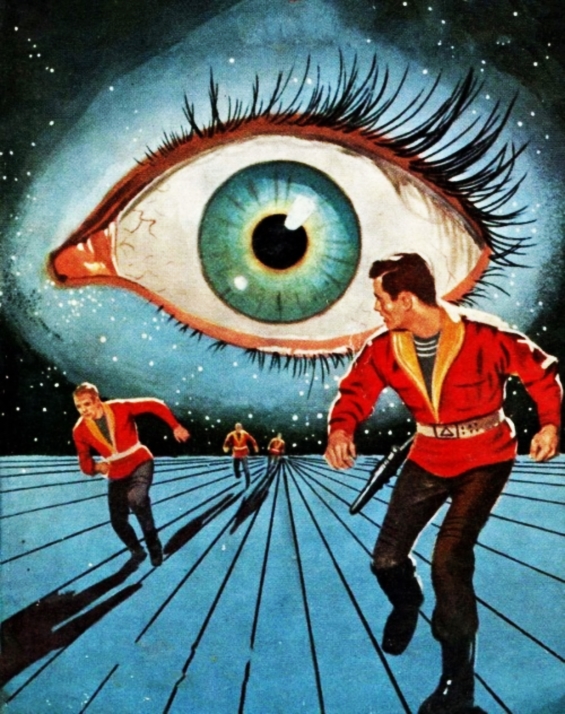
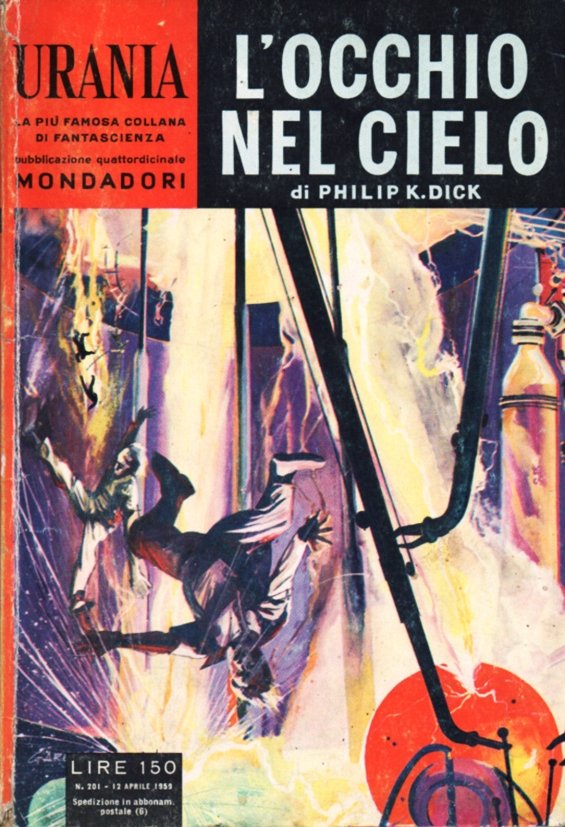
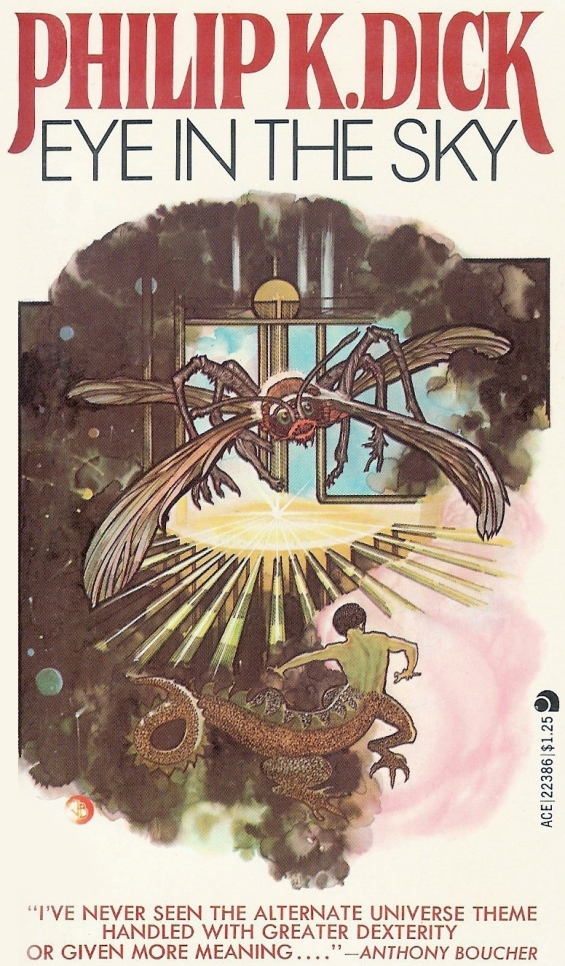
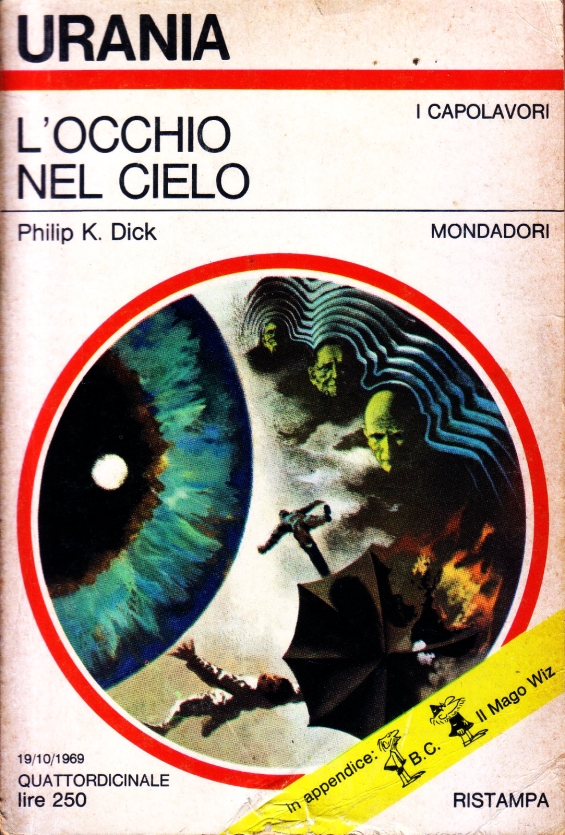
Posted by Jesse Willis

 The Martian Chronicles
The Martian Chronicles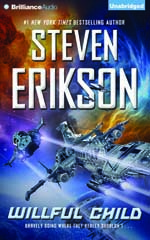 Willful Child
Willful Child The Gods Themselves
The Gods Themselves


 River of Blue Fire (Otherland #2)
River of Blue Fire (Otherland #2)